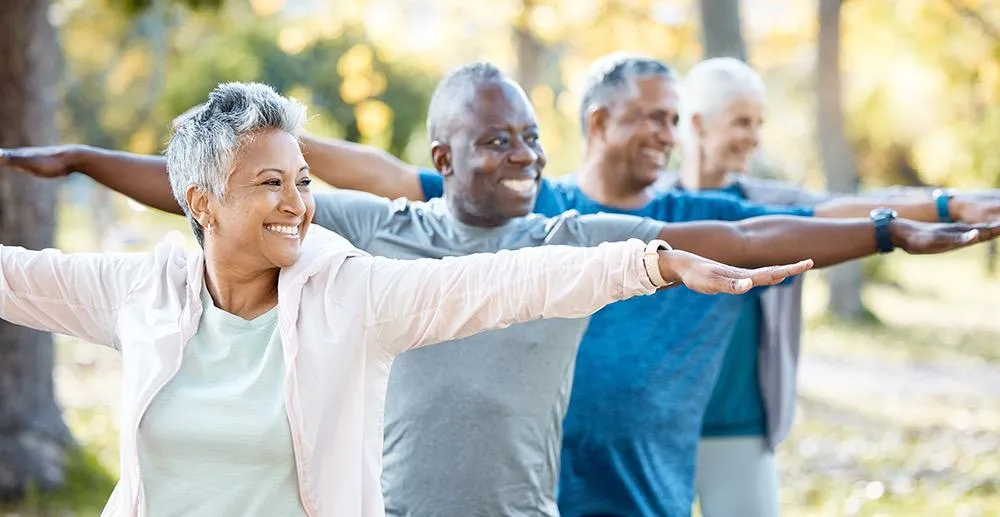
🌿 Healthy Aging Month: Simple Steps Toward a Stronger, Safer Future
September is Healthy Aging Month, a national observance designed to raise awareness around the positive aspects of growing older. It’s a time to focus on building habits that support physical health, emotional well-being, and independence—no matter your age. At its core, healthy aging isn't just about adding years to life—it’s about adding life to years.
1. Move with Purpose Staying physically active is one of the most effective ways to maintain strength, balance, and flexibility as we age. Try low-impact exercises like walking, swimming, tai chi, or chair yoga. Regular movement helps reduce the risk of chronic diseases, improves mood, and enhances sleep. Even 10-minute intervals a few times a day can make a noticeable difference. Tip: Always check with a healthcare provider before starting a new exercise routine.
2. Keep the Mind Engaged Brain health is just as important as physical health. Engage in puzzles, reading, or learning something new—like a language or musical instrument. Social interaction also plays a major role in cognitive health. Staying mentally stimulated can help delay or reduce the risk of dementia-related conditions. Did you know? Social isolation has been linked to cognitive decline. Even brief, regular check-ins can make a difference.
3. Eat for Longevity Nutritional needs change with age. A balanced, nutrient-rich diet supports bone health, digestion, immunity, and more. Focus on whole foods: fruits, vegetables, whole grains, lean proteins, and healthy fats. Stay hydrated—older adults often feel less thirsty but still need sufficient fluids. Watch for changes in taste or appetite that may signal underlying health issues. Practical step: Set up a weekly meal plan or prep simple, senior-friendly meals in advance.
4. Prioritize Preventative Care Routine screenings, checkups, and vaccinations are key to catching issues early. Make sure vision, hearing, and dental checkups are up to date. Talk to a healthcare provider about fall risk assessments and bone density tests. Review medications regularly to avoid dangerous interactions or unnecessary prescriptions.
5. Care for Emotional and Mental Health Mental wellness often gets overlooked in aging conversations. Practice mindfulness, meditation, or relaxation techniques. Encourage open conversations about feelings—especially during life transitions like retirement or after losing a loved one. Support groups and therapy (in-person or virtual) can be incredibly helpful. Remember: Mental health is just as important as physical health at any age.
Small Steps Make a Big Impact Healthy aging doesn’t require a complete lifestyle overhaul. Often, the small, consistent changes are the ones that stick. Whether it’s getting more movement, drinking more water, or having a weekly phone call with a friend—these actions add up.
You're Not Alone on the Journey Healthy aging is personal, but it doesn’t have to be done in isolation. Family, friends, and professionals can provide support along the way. During Healthy Aging Month, take the time to reassess your goals, check in with your loved ones, and make a plan for the months ahead. Want to Learn More? We're always happy to provide resources, answer questions, or guide families in supporting their aging loved ones. Even a small step can lead to better health and peace of mind.
--
Jessica Richter BSN, RN Client Services Director
HealthSense, LLC
Email // [email protected]
Mobile // 929-998-8299
Web // www.health-sense.org
